STARTUPS INVEST IN CAIRO’S TRAFFIC CONGESTION

Trying to cope with traffic chaos, how startups are investing in CAIRO’S TRAFFIC CONGESTION?
Cairo, Egypt's capital with its 20 million population, traffic congestion, and pollution, is suffering from a major transportation crisis that startups are trying to cope with technology.
Public transportation seems unable to meet the challenge with there are only three lines of the underground and the public buses are polluting the environment.
The problem cannot be addressed by the informal transportation system, such as microbuses, toktok, taxi, Uber, or even personal cars traveling in Egypt, for which there is no credible count.
"The traffic crisis in Greater Cairo is reflected in the average speed on its streets of no more than 10 kilometers per hour," said Osama Okil, Traffic Systems Professor at Cairo University.
Okil mentioned that the journey time from place to place in the Egyptian capital could exceed 90 minutes, more than a full day, considering that the working week is only five days.
There are many apps to help the Cairo people to move like Shared personal vehicle trips, Uber, and traffic status information app.
However, given the chaotic situation, any technological innovation is welcome.
Transportation Map
Mwasalat Misr is one of the inspiring startups. Its designers have begun to map in depth the city's transportation routes.
“We hope to solve this situation by mapping the movement of transportation in the major cities and using this data to plan for the future.” Mohamed Hijazi, the company’s director one of the founders, to AFP.
On the ground, project teams account for all possible trips between all regions.
“We work with the authorities to change the mobility system.” Added Hjazi.
The World Bank and the Egyptian Ministry of Transport are supporting this project, which aims to plan the transport routes in Cairo over the next 10 to 20 years.
He continues that at a later stage his project aims at numbering and analyzing data to serve the "ultimate goal of converting all transport to clean energy to work with electricity."
“Ocra” company focuses on another aspect of the transportation problem; approximately 500 million Egyptian pounds (about $31 million) are traded daily through small currencies.
Khaled Khalil, the 30-year-old founder of this start-up, hopes that the "Ocra purse" will contribute to the digital transformation and the elimination of small currencies "by 2030."
“We work to make paying transportation fares easier. Liquid money became a “threat” as it can transmit viruses like Corona,” he added.
The company places advertisements on the buses of mass transportation companies, and uses their returns to reduce the fares paid by the passengers.
Refresh Touch
Tink, a car-sharing startup, asserts that it has added a touch of renewal in the area of personal vehicle co-trips.
“We've turned joint trips into social gatherings” Adel El-Mahrouky, Tink Co-Founder.
The startup is trying to help reduce the number of cars on the streets through a point collection system and these points could be redeemed to cash or fuel to motivate car owners not to make the trip alone.
In 2014, a World Bank memorandum reported that $8 billion is being wasted every year due to delays and fuel costs. According to the World Bank, the cost of air pollution accounted for 1% of GNP in 2013 and " traffic congestions are the main cause of pollution from transport."
In order to reduce traffic congestion, Egyptian President Abdel Fattah El Sisi decided to establish a new administrative capital east of Cairo. The authorities create bridges in several areas of Cairo that sometimes threaten the city's architectural heritage. However, Okil believse the solution is in (improving) public transportation.
News& photo source Here










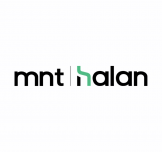






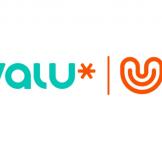

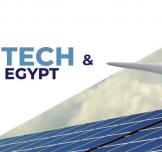



































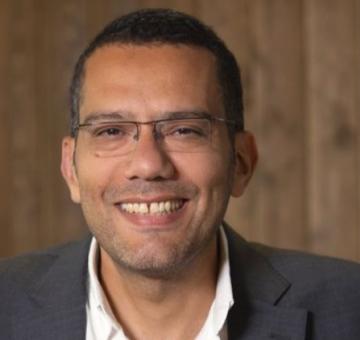

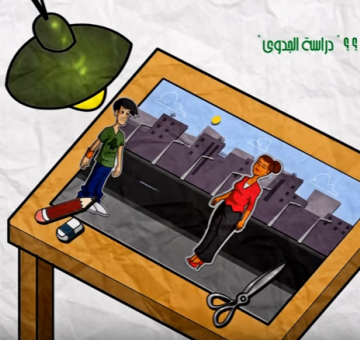








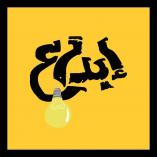


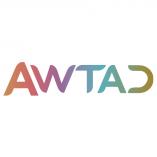

EgyptInnovate site is not responsible for the content of the comments